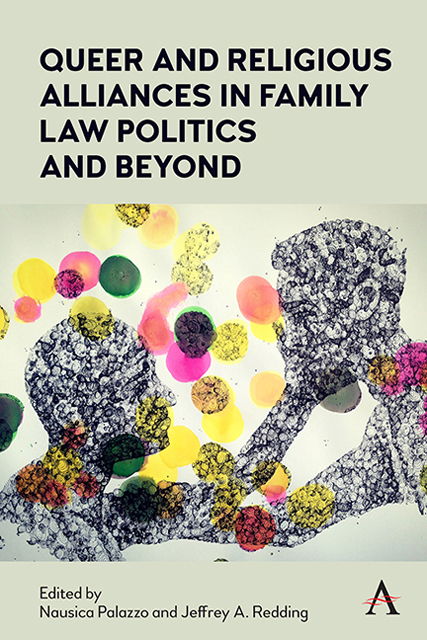Chapter 10 - Queer and Religious Political Alliances in the Pandemic Trump Era
Published online by Cambridge University Press: 09 December 2022
Summary
Shortly after Black Lives Matter protests broke out around the United States in the spring of 2020, a curious protest took place in the state of Texas. Organized in response to the Texas governor's coronavirus-related order to close businesses devoted primarily to the serving of alcohol, some Texas bar owners staged a “Bar Lives Matter” protest outside of the Texas State Capitol building in the city of Austin and others coordinated a lawsuit challenging the governor's order in U.S. federal court. This lawsuit instigated by the Texas Bar and Nightclub Alliance followed in the footsteps of other lawsuits brought by Christian churches around the nation challenging pandemic-related limitations on in-person religious services. In July 2020, responding in apparent disgust to the activities of devoted drinkers in Texas and elsewhere, the wellknown economist and liberal columnist Paul Krugman lamented the potentially deadly reopening situation facing U.S. schools and students in the coming fall, opining in The New York Times that “the reason we’re in this position is that states, cheered on by the Trump administration, rushed to allow large parties and reopen bars. In a real sense America drank away its children's future.”
In this concluding chapter on future directions in queer and religious political alliances, I aim to explore the pandemic pitting of bars against babies, and then too churches against children. Moreover, I will demonstrate that the constellation of competing interests present in the coronavirus pandemic—one of the defining moments of the Trump presidency— cannot be broken down along neat political affiliations or dispersed across predictable camps on either the left or right. Rather, what we have witnessed again is the crisscrossing of political, religious, and sexual interests defying easy categorization. During these times, indeed, it seems almost as if queer theorist Gayle Rubin's 1980s-era “bar dykes” managed to commandeer Texan nightlife and that Paul Krugman was writing for Phyllis Schlafly's conservative Eagle Forum rather than for The New York Times.
In this topsy-turvy situation, the possibility of new alliances between queer and religious groups has emerged. Indeed, as this chapter discusses, recent viruses—notably, HIV and coronavirus—have raised existential issues for queer and religious folk alike and instigated converging debates about sustaining community in the midst of mass human death.
- Type
- Chapter
- Information
- Queer and Religious Alliances in Family Law Politics and Beyond , pp. 197 - 218Publisher: Anthem PressPrint publication year: 2022

